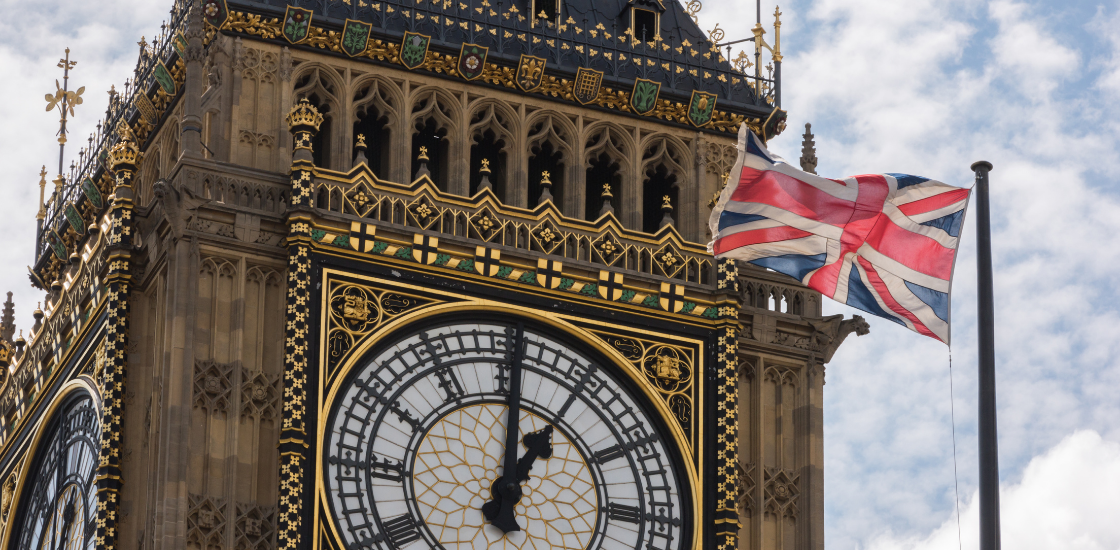UK Parliament to Debate Affordability Checks in Betting Following Petition Milestone
The British government’s Petitions Committee has scheduled a debate on February 26 to address the proposed implementation of affordability checks in betting.

This decision comes after a petition initiated by Jockey Club chief executive Nevin Truesdale successfully garnered the necessary 100,000 signatures. The swift collection of signatures in just 27 days underscores the shared concerns of bettors and stakeholders about the proposed regulations.
Parliamentary Scrutiny Welcomed
Julie Harrington, chief executive of the British Horseracing Authority (BHA), expressed satisfaction with the development, emphasizing the need for thorough parliamentary scrutiny of the proposed affordability checks. Harrington highlighted the unique nature of these checks, which are not applied to other leisure activities, thus necessitating a detailed discussion in the parliamentary setting.
The BHA’s stance aligns with the need to protect individuals from gambling-related harm while acknowledging that millions enjoy betting on horseracing without adverse effects. The BHA aims to work closely with MPs to ensure the sport’s and its bettors’ interests are adequately represented in the debate.
The Future of Affordability Checks
The BHA intends to continue advocating for modifications to the Gambling Commission’s proposals regarding affordability checks. The primary goal is to safeguard the financial future of the sport and minimize the impact on racing bettors.
Our Comment on the Article
The upcoming debate on affordability checks in the UK Parliament is a crucial step towards finding a balanced approach to gambling regulation. While the protection of vulnerable individuals from gambling-related harm is paramount, it’s equally important to consider the impact of such regulations on the leisure enjoyment of millions of bettors and the financial health of the horseracing industry.
This debate represents a critical opportunity for stakeholders to voice their concerns and for lawmakers to consider a nuanced approach that supports both responsible gambling and the interests of the betting community. As the industry evolves, the outcome of this debate could set a significant precedent for the future of betting regulation, not just in the UK but potentially influencing global standards.
